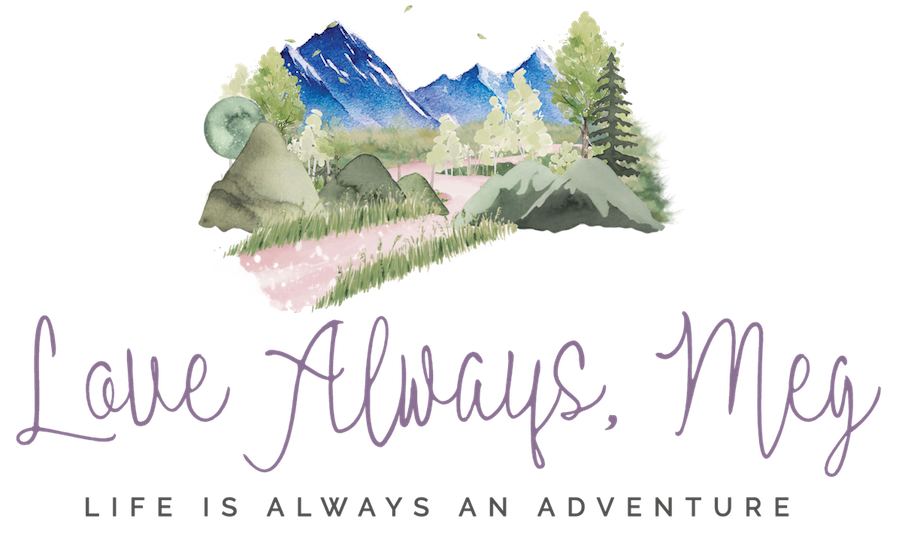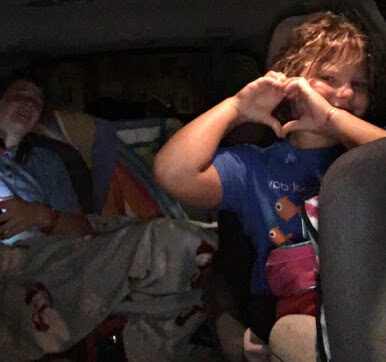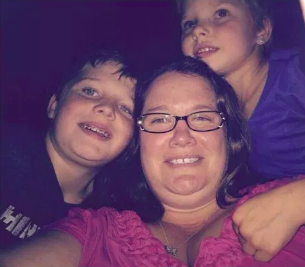I may earn money or products from the companies mentioned in this post.
Hi There!
Oh My Gosh . . . the day has arrived, WAY to early in August, for school to begin . . . for one of my kids. My amazing daughter Riley starts back to school today as a 5th grader!
There is so much preparation that goes into a first day of school.
- First day of school outfit? Check
- Backpack that expresses your individuality but is “cool” picked out? Check
- School supplies off the super long list all purchased and dropped off two days before? Check
- Will it be hot lunch or packed lunch? If packed, what are you going to pack and do you have a lunchbox picked out that is cool and not embarrassing? Check
- Do you know when the bus comes? Check
- Do you know what the schedule is so that you have snack if there is a snack time? Check
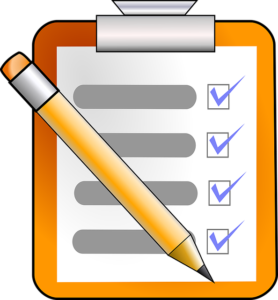
Some of these items may seem to change as kids move from elementary to middle to high school, but do they really?
For our family there are a couple of other things that we have to do.
- Have you checked in with the special education team to make sure there are plans in place to meet her needs this year?
- Have you checked with the new teacher to make sure that he/she is aware that your child has special needs?
- Have you reviewed the schedule with your kiddo so they know what to expect to hopefully eliminate some of the transition issues the first day of school?
There are lots of things to do before school starts, whether you have a neuro-typical kiddo or one with unique needs, but the one that we have spent the most time on this year is the reassuring.
R: What if everyone makes fun of me because I like anime?
R: What if no-one wants to be my friend this year?
R: Who will I eat with and play with at recess?
R: What if people make fun of my haircut?
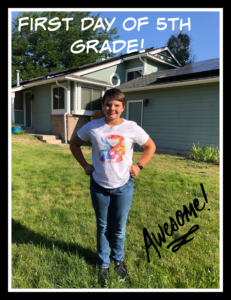
Riley is a beautiful and unique young lady. But unique doesn’t always play well in the tween years. She falls in a section of the autism spectrum where she wants desperately to have friends but often misses social cues, says things that offend, or her focused interests aren’t aligned with the interests of her peers. She also goes to a school that doesn’t teach others about autism and tolerance but focuses instead on teaching Riley to “fit in”. All of this adds up to nearly weekly social devastation during the school year.
These years, broadly from 5th-7th grade, are developmentally challenging!
This devastation isn’t just an ASD issue, it’s a tween years issue. These years, broadly from 5th-7th grade, are developmentally challenging! These are the years when kids transition from their childhood selves to their teens and there is a lot to get done during these years and a lot of it is painful and challenging for both the kiddos and the parents . . . and the teachers.

As a teacher, middle school was my first passion. I loved working with students in this age because as a teacher you really could make an impact through your words and actions as they were in such a transitional state. It often included over the top emotions, friendship struggles, significant wardrobe changes from one “identity” to another as they tried on different interests and personalities. It also led to wonderful conversations and writings about life and what came next for them. Students can be amazingly introspective when given “free write” time and all of the swirling thoughts and emotions running around in their heads.
As we begin this year, now that all of our to-do checklists are done and we are left with those swirling thoughts, there are some things that I’d like Riley, and every tween nervous about returning to school to know:

1 – You are awesome. No matter how today goes or what happens, you are still awesome.
2 – Be yourself. Don’t try to act like a group of kids that you wish you fit in with. Don’t try to change your likes to make others happy. Like what you like. You like anime? Awesome. Find some other kids who like anime, don’t pretend you don’t like it to fit in with some group of kids. You like Harry Potter? Find those kids. You like acting? Cheerleading? Dance? Soccer? Baseball? Football? Animals? Singing? Whatever it is, it’s perfect and it’s okay to try some of those other things if you are interested in them, just do it for you, not for other people!
3 – Be kind. No matter where you fit on the social spectrum at school, just work hard to be kind to everyone. If you see someone alone, say hi, even if you aren’t friends. If you see something mean happening, get a teacher to help. If someone drops all their stuff, help them pick it up, don’t make fun of them for it happening. Just be kind.
4 – Learn something. Maybe it’s something new in math, maybe it’s a new vocabulary word in ELA, or maybe it’s the name of the kid who sits next to you in class. Learn something today.
5 – Have fun. Don’t worry about whether things are cool or not. Just engage and have fun. Whether it’s an icebreaker with your new teacher that seems corny or a game in gym that makes you feel silly, relax and just go with it. It’s way more fun that way.
6 – You are awesome . . . oh, did I already mention that? Well, I’m mentioning it again because it’s true. Who you are is awesome, be you.
As a secondary teacher, one of the things that I have noticed over the years is that the kids who are the most comfortable in their own skins are the ones that avoid some of the nitpicking by their peers. This goes for the very out LGBTQ+ kids, the self-proclaimed “nerds”, the outlandish drama/cosplay kids, the confident jocks, etc. It’s much harder to needle kids who are just comfortable with who they are. No matter where you fit in, if you like who you are and where you are, it’s a lot harder to find a “soft spot” and poke it.

As our tweens try to figure out who they are and as they change with new experiences and find new interests, these years are some of the hardest for confidence. These are the years when we as parents and community have to encourage them to try new things, experience a wide range of activities, and meet new people so they can find their niche (or multiple niches) and grow in their self-confidence and identity. This formative time is so important and the more we can help our kids remember they are awesome and encourage them, the more confident they will be in themselves and the more prepared they will be to take the next steps.
This formative time is so important and the more we can help our kids remember they are awesome and encourage them, the more confident they will be in themselves and the more prepared they will be to take the next steps.
Oh, and hey parents, you are awesome, too. What is something you wish that your tween knew as they head off to school?
Love Always, Meg
